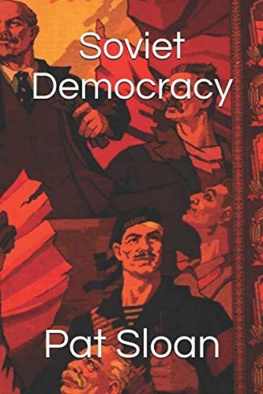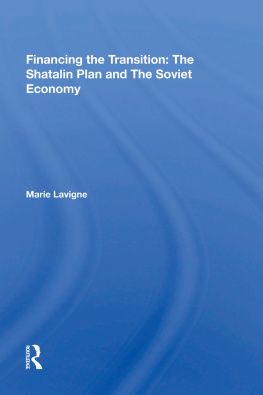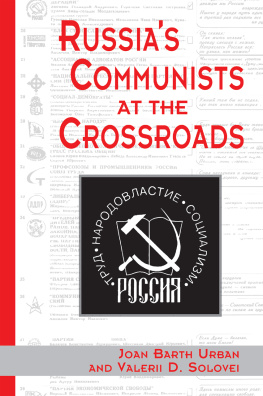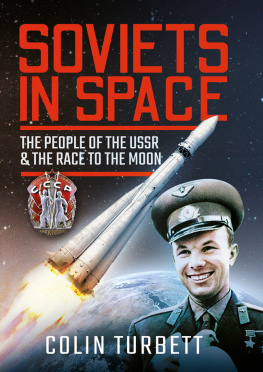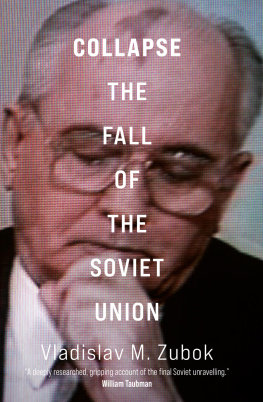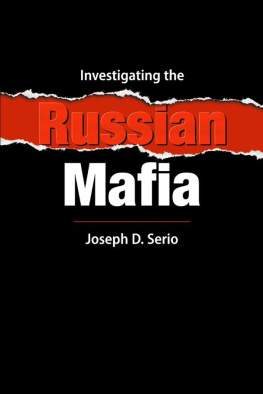The right of Angelika Regossi to be identified as author of this work has been asserted by the author in accordance with sections 77 and 78 of the Copyright, Designs and Patents Act 1988.
All rights reserved. No part of this publication may be reproduced, stored in a retrieval system, or transmitted in any form or by any means, electronic, mechanical, photocopying, recording, or otherwise, without the prior permission of the publishers.
Any person who commits any unauthorised act in relation to this publication may be liable to criminal prosecution and civil claims for damages.
A CIP catalogue record for this title is available from the British Library.
Introduction
The USSR, or Soviet Union, was a huge Communist Empire, big like a continent. It stretched in Eurasia and occupied 17% of the earth. Formed from 15 Soviet Socialist republics, it also included many autonomous republics and regions.
In the 1917 Revolution, communists forcefully took over this huge territory from Russian Tzara supreme ruler of then Russian Empire. And after 5 years, in 1922, they announced a new statethe USSRwhich became even bigger than the Russian Empire, because communists seized additional neighbouring territories. The USSR existed for 70 years till 1992.
Russian Tzar and communists ruled from the capital Moscow, which is also the capital of Russia. Big and powerful, Russia was the centre of both: Russian Tzar Empire and Communist Empire.
About 250 million people of 150 different nationalities lived in the USSR. But they were in the shadow of the Russian nation, because both the Empires were controlled by dominating Russians. They oppressed local people of different nationalities and ethnicities, who were on their lands since ancient times.
Russia once colonised its neighbours and then communists took over, told me Otto von Habsburg in a private conversation in Budapest (Hungary), in the middle of 1990-ies, where we met.
Otto von Habsburg was the last crown prince, son of emperor of the Austro-Hungarian Empire, which dissolved at the end of 1918, before the USSR was created. Sure, he knew much about empires.
Communists believed in utopic society of peasants and workers, where all are equal: no rich or poor, everybody works and gets the same. They ruled very cruelly, killed millions of innocent people or sent them to labour prison-camps.
From the beginning, the Soviet Union had political and economic problems: dictatorship with lack of food and goods. Their problems were increasing from year to year and the communists could not control the situation in their super huge Empire. The system was collapsing. In December 31, 1991, communists declared the end of the USSR. Exactly in the New Year midnight, to the sound of Kremlin Chimes the main clock of the Empire.
But the USSR did not disappear next day: it was dying slowly, in the agony, another decade. When came political chaos, civil wars and appeared new class from ex-communists, their allies and those who took the risks. The class of newly very rich people and rest became newly poor, with huge gap in between, almost no middle class. Something opposite to what communists preached in equal for all USSR.
From January 01, 1992 the huge territory of Soviet Union saw new era: the decolonisation of seized countries. One after another, ex-soviet territories announced independence and creation of new states, so-called Parade of Sovereignty.
Something similar had happened a few decades earlier in other parts of the world when Latin America, Africa and Asia became independent from colonial rulers of Belgium, the Netherlands, Spain, Great Britain, etc. The difference was that, not many people knew that Russia and communists also had colonies. Thats why, 15 new countries came as a surprise.
After declaring independence ex-communist states had many tasks to do. First, they were busy with creating a new constitution, new government, flag, hymn, money, re-drawing the borders, some named new capitals, changed towns and streets names, got rid of communist past and symbols. Then came questions of their identity: who they are? where they came from and where they would go? During double colonisation, many nations started to lose their true history and national language, songs, fairy tales andcuisine.
Culinary skills in the USSR were not valued, because communists had other priorities: to build utopic communism on 17% of the earth and spread it all over the world and fine cooking, preserving the national cuisine of people in the Empire was a remnant of the bourgeois past, a class against whom communists fought in 1917 in a bloody Proletariat Revolution. Communists wanted new type of human being: builders of communism, soviet people with no nationality, identity, history and national cuisine.
Sometimes builders of communism faced famine: like in Povolzhye in 1921-1922, Ukraine in 1932-1933, Moldova 1946-1947 and other less known tragedies, when millions of people died. Because of repressive policies and mismanagement, there was often lack of food. So, builders of communism were often hungry and undernourished, they ate not for pleasure, but to satisfy hunger, while working on this huge construction site of building communism on 17% of the earth.
Lack of food and cooking skills were among the reasons why national cuisine of many nations in the USSR started to disappear. National dishes, cooked from a minimum product by unskilled cooks, were altered so much, that often Georgians, Russians and Uzbeks could not recognise them.


